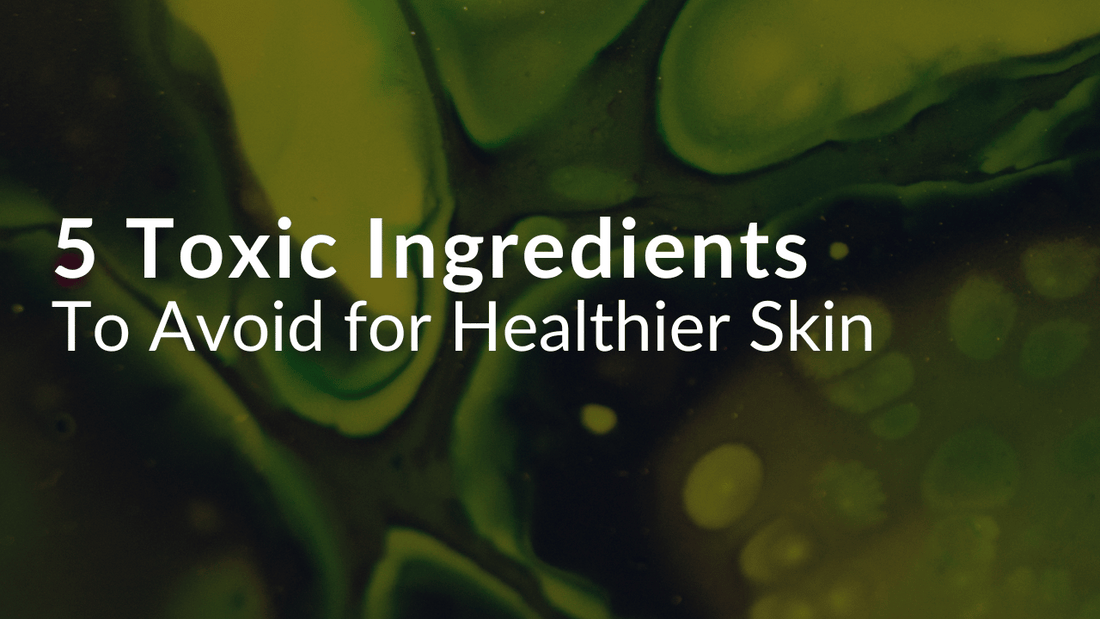
5 Toxic Skincare Ingredients to Avoid for Healthier Skin
Angelica HaviarasShare
Toxic Skincare Ingredients You Need to Avoid for Healthier Skin
When it comes to skincare, we all want products that will make us look and feel our best. But did you know that many common skincare ingredients can be harmful to your health? From parabens to phthalates, there are several toxic ingredients lurking in your skincare products that you need to avoid for healthier skin.
1. Parabens: The Preservatives You Need to Ditch
Parabens are preservatives that are commonly found in skincare and personal care products. They are used to prevent the growth of bacteria and fungus, but they have been linked to breast cancer and hormone disruption. Parabens can mimic estrogen in the body, which can lead to hormonal imbalances and other health issues.
2. Phthalates: The Softeners That Can Be Harmful
Phthalates are a group of chemicals that are used to soften and increase the flexibility of plastics, including those used in skincare and personal care products. They have been linked to several health issues, including endocrine disruption, reproductive problems, and developmental issues in children.
3. Formaldehyde: The Chemical You Don't Want to Be Associated With
Formaldehyde is a colorless gas that is used as a preservative in many skincare and personal care products. It is a known carcinogen and has been linked to several health issues, including cancer, respiratory problems, and skin irritation.
4. Synthetic Fragrances: The Unknown Mixtures You Should Avoid
Synthetic fragrances are a mixture of chemicals that are used to add scent to skincare and personal care products. They can be harmful to your health, causing allergic reactions, skin irritation, and even hormonal disruption. The problem is that companies are not required to disclose the ingredients used in their fragrances, so it's difficult to know exactly what you are exposing yourself to.
5. Propylene Glycol: Not Worth That Moisturizer
Another commonly used toxic ingredient in skincare and personal care products is propylene glycol, which is often used as a moisturizing agent, solvent, and penetration enhancer. Propylene glycol has been linked to skin irritation, allergic reactions, and even organ toxicity with prolonged exposure.
A Call to Action: Choose Safer Skincare Products
With so many harmful ingredients lurking in our personal care products, it's time to start making healthier choices. By choosing products that are free from toxic ingredients, you can not only protect your health but also promote a healthier environment.
Aromanthi is one such brand that offers natural and organic skincare products free from harmful chemicals like parabens, phthalates, formaldehyde, and synthetic fragrances. Aromanthi is an EWG Verified brand, meaning that their products have been thoroughly evaluated and certified by the Environmental Working Group for their safety and use of non-toxic ingredients.
Switching to cleaner skincare products like Aromanthi and using EWG allows for a more informed and conscious shopping experience, giving you peace of mind knowing that you are using products that are safer for you and the environment. By choosing natural and organic ingredients, you can nourish your body and enhance your well-being, all while feeling confident and safe.
Don't Miss Out on the Benefits of Safer Ingredients
Don't miss out on the benefits of switching to safer ingredients. Join the movement towards cleaner skincare today and give Aromanthi a try. Your skin and body will thank you for it.
References
American Cancer Society. (2018). Common Chemicals and Cancer. https://www.cancer.org/cancer/cancer-causes/general-info/known-and-probable-human-carcinogens.html
Environmental Working Group. (n.d.). Phthalates. https://www.ewg.org/key-issues/toxics/phthalates
National Institute of Environmental Health Sciences. (2018). Parabens. https://www.niehs.nih.gov/health/topics/agents/endocrine/parabens/index.cfm
